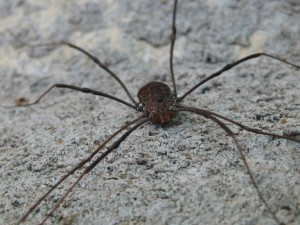On drilling a tunnel all the way through the Earth
What could you do if you drilled a tunnel all the way through the Earth and maintained a vacuum in the tunnel? You could jump in and reach the other side of the planet in only 42 minutes. These and other fun facts at How Stuff Work.

